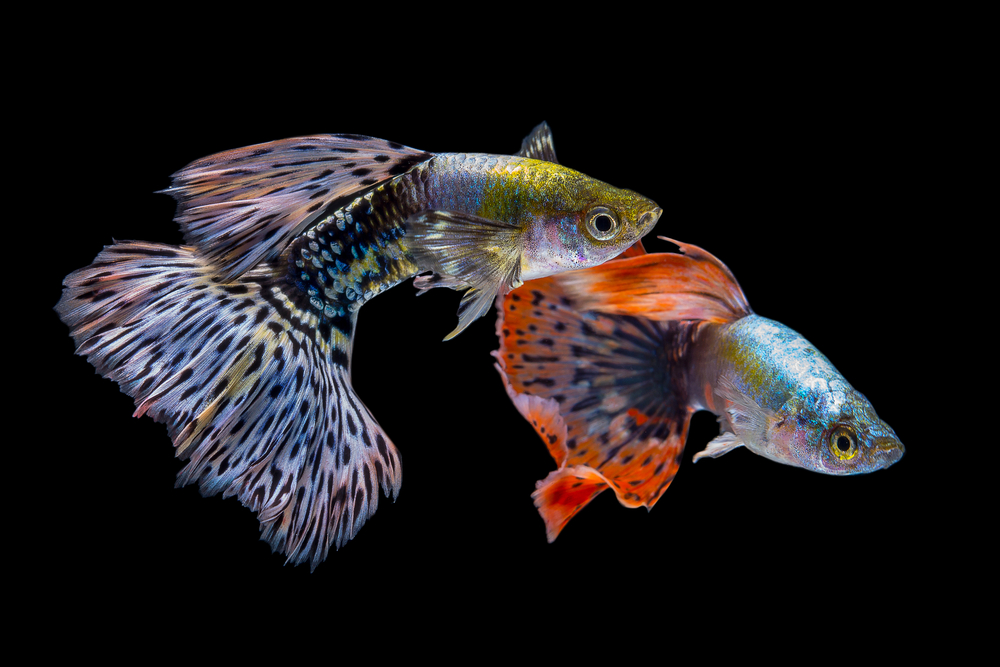
Brain size study involving guppies suggests high intelligence comes at high cost
Brain size study involving guppies suggests high intelligence comes at high cost.
One of the most interesting evolutionary hypotheses about brain size is The Expensive Tissue Hypothesis. Back in the early 1990s, scientists were looking to explain how brain size evolves.
Brains are exceedingly useful organs; more brain cells allows for more behavioral flexibility, better control of larger bodies, and, of course, intelligence. But if bigger brains were always better, every animal would have them. Thus, scientists reasoned, there must be a downside.
The hypothesis suggests that while brains are great and all, their extreme energetic cost limits their size and tempers their growth. When it comes to humans, for example, though our brains are only 2% of our bodies, they take up a whopping 20% of our energy requirements. And you have to wonder: with all that energy being used by our brains, what body parts have paid the price? The hypothesis suggested our guts took the hit, but that intelligence made for more efficient foraging and hunting, thus overcoming the obstacle.
This makes sense, but despite over a century of research on the evolution of brain size, there is still controversy, largely stemming from the fact that evidence for the expensive tissue hypothesis is based entirely on between species comparisons and correlations, with no empirical tests.












